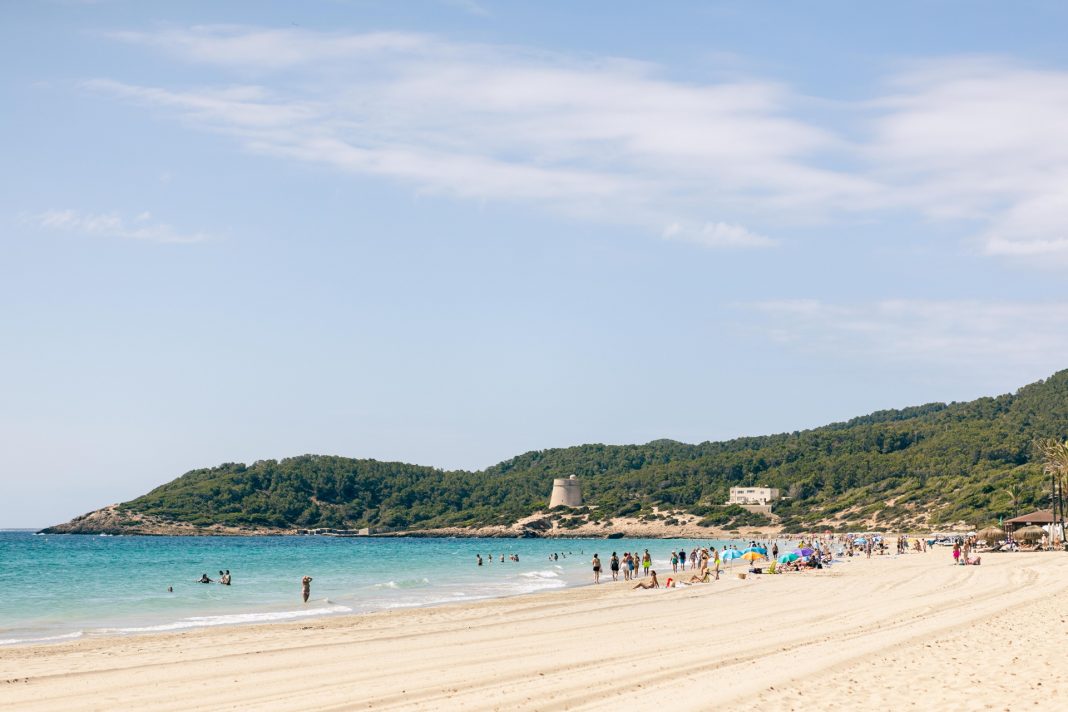For Mariano Juan, Councillor for Land Management of Ibiza, the key to the Sustainability Report presented yesterday is that it provides “real, scientific and empirical data” that allow the Consell to work and legislate more objectively. With data they can not be carried away by “feelings or stereotypes. For example, the study clarifies that, despite the pandemic and that fewer tourists visited us, the water quality of Ibiza’s beaches has worsened, and notes that, since 2010, there has been “a gradual decline” in quality. Eleven years ago, all of the waters analyzed “at 40 points along the Pitiusa coast was classified as excellent”, but that high clasification “has declined over the decade”. In 2015 it dropped to 95%. And in 2020, to 65%: “That is, only 26 of the 40 sampling points were the waters rated excellent”. In three cases the water was of fair quality. “It is sad,” says Inés Roig, of the Alliance for Water: “It is not dramatic, but it is clear what the trend is”.
“It’s sad,” notes Inés Roig, of the Alliance for Water: “It’s not dramatic, but you can clearly see what the trend in water quality is.”
According to the report, the demand for electricity recorded between 2017 and 2019 was around 900 GWh per year, “with a growth trend of 2%”. But in 2020, due to the health crisis, it fell to 756.7 GWh, 19.3% less than in 2019. Logical because there was hardly a tourist season and, therefore, fewer air conditioners plugged in, among other appliances.
What is regrettable in the report is that renewable energies barely made up 1% of the total energy produced on the island and only 0.18% of final consumption: “The island is still far from meeting the target of achieving a renewable energy share of 35% by 2030,” it warns. Solar power produced was lower than in 2019, “despite the fact that the technology installed for this type of power was higher”. It is another case of not taking advantage of the crisis to improve that statistic. From Ibiza Preservation, its director, Inma Saranova, proposes installing solar panels on the roofs of buildings and car parks, which would provide 52% of the energy needed on the island. And if “only 2% of the abandoned rural land not used for agriculture could be used, it would reach 90%,” she says.
For the full article, please visit Diario de Ibiza website here.


